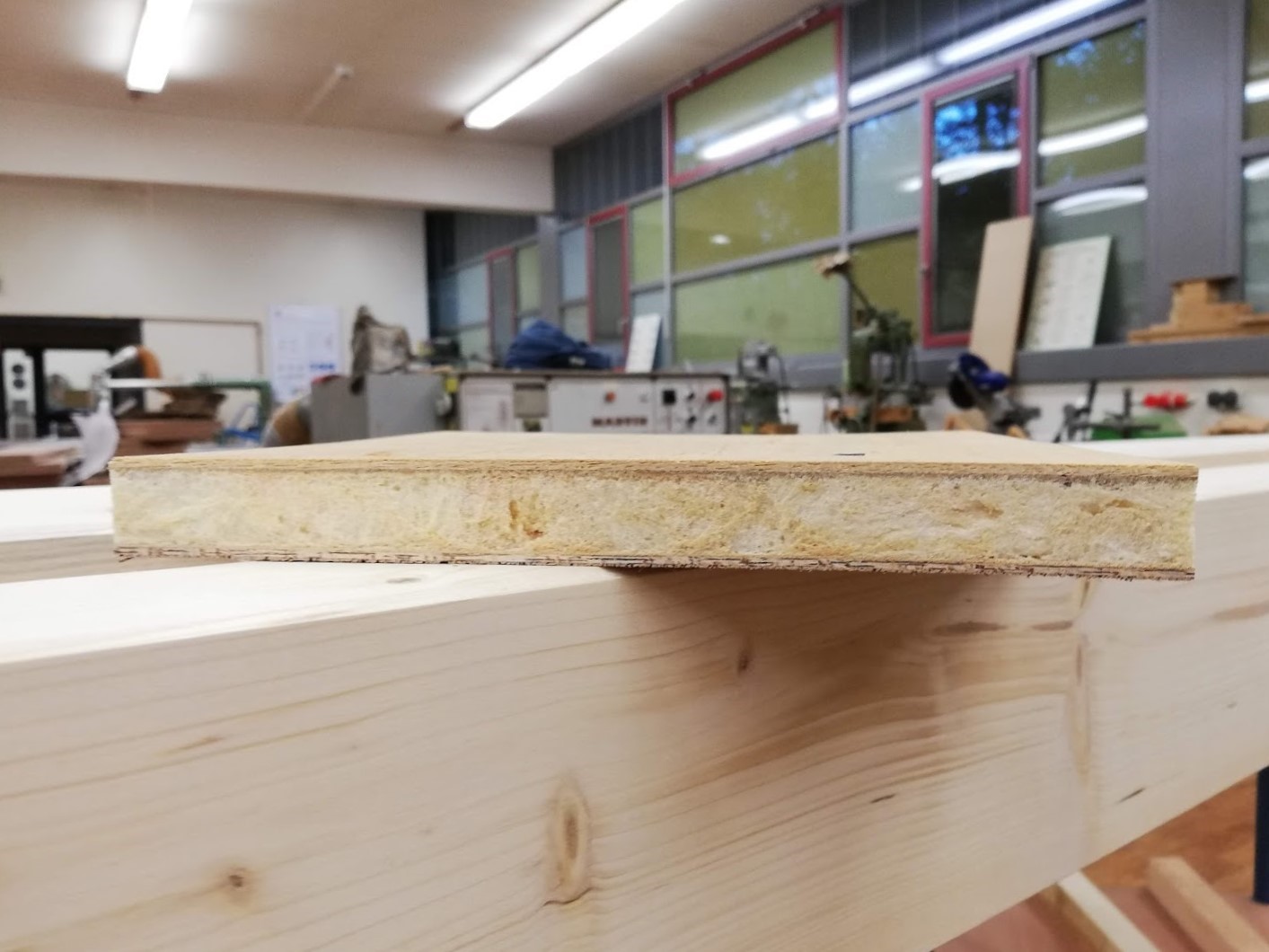Duroplastic
Thermosets are known as a type of commonly used wood binder (e.g. phenol formaldehyde, urea formaldehyde or epoxy resins), as well as applied for the production of different wood based-panels (Fiberboard, OSB) due to duroplastic properties. Thermosets (or duroplastics) become cross-linked after curing on high processing temperature, not moldable after solidifying and more brittle compared to thermoplastics. Processing on duroplastics offers some advantages over thermoplastics, for example, short cooling-down stage, resistance to high-temperature applications and chemical attack and creep resistance due to their highly cross-linked and three-dimensional network. Lignocellulose materials are possibly combined with diverse thermoset resins (Phenolic, epoxy, polyester) for the production of thermoset composites.
Current research
Our research interests include the application of thermosets into the production of wood-based panels and the determination of composite properties. As lightweight structure became a topical issue for the industry in last decades with good prospects of transportation, economy and ecology, this topic is considered as another key aspect in our research area.
The current research focuses on the application of thermoset Polyurethane (PU) rigid foam, proven for its excellent insulating properties, into wood-based panels. The research aims to produce effective composite by using less raw material, more cost-effectiveness as well as energy saving in the production process.

Our researches within the scope of thermosets are divided as follows:
- Application of thermosets in conventional production technique of particleboard
- Development of processing technologies for thermoset composites
- Development of thermoset wood composite for light-weight structure
- Process optimization for continuous production of wood-based panels
